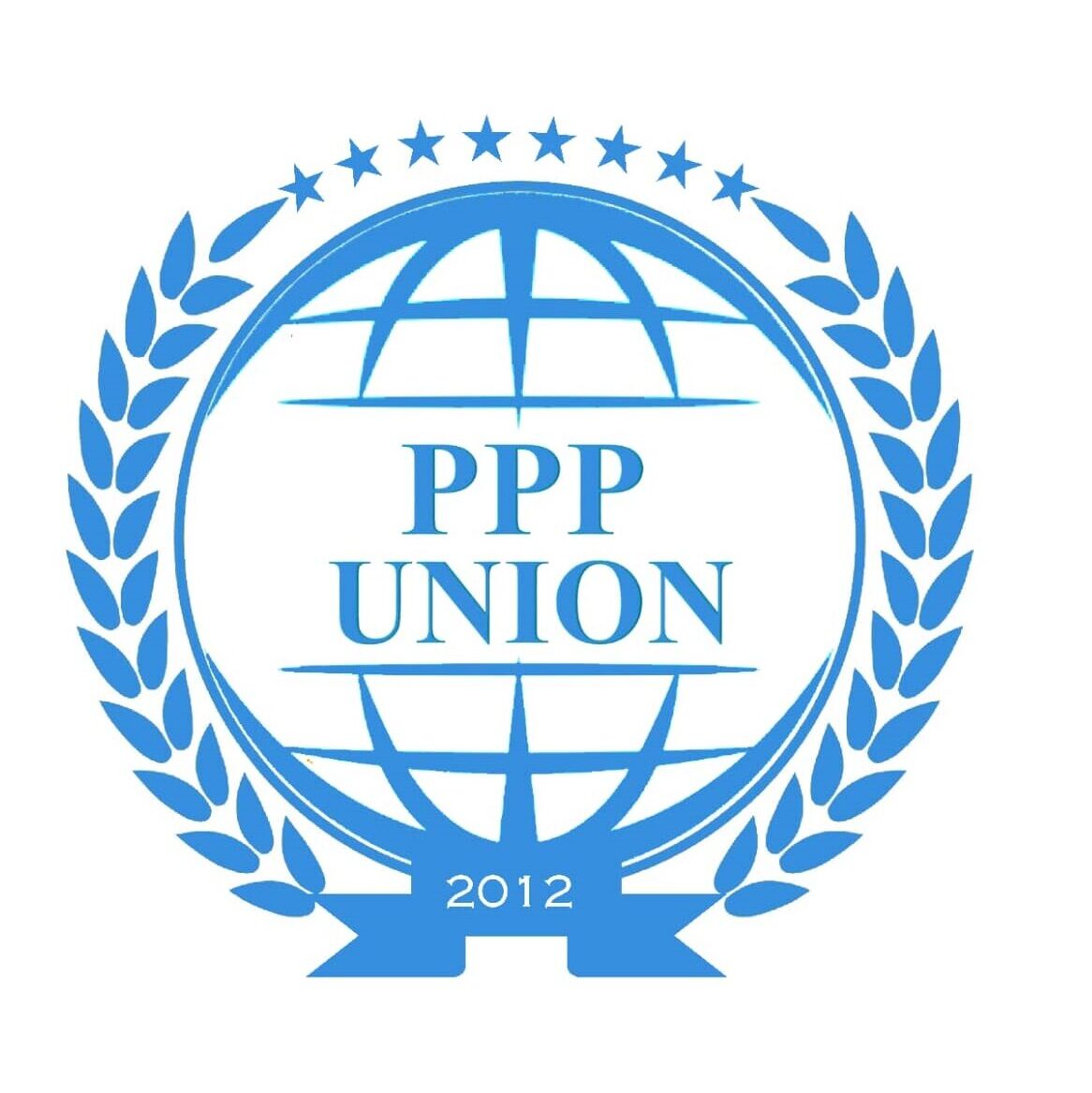he UN, UNECE, BRICS Group/NDB, and 170 member countries acknowledge the role of the private sector as an important partner in attaining the Sustainable Development Goals of the country or countries to ensure lawful business practices, provide a wide range of employment opportunities to the jobless, and help stimulate public economic growth. The enactment of the Public-Private Partnership (PPP) Program is one of the best historical, well-tested government solutions for accelerating the country’s infrastructure development and sustaining economic growth.
Guided by the principles of transparency, accountability, and good governance, the Program will engage the private sector as a vital partner capable of funding essential infrastructure projects that will deliver much-needed services for its growing population.
Under the assurance of good governance , all PPP member countries guarantee that the private sector will be able to conduct business in an environment that fosters adequate and transparent transactions. The government ensures that the interests of both the private sector and its citizens are balanced , with policies and procedures being continually improved.
Under the PPP Program, international and local implementing agencies are consistently supported to undertake PPP projects through the provision of technical assistance and capacity-building support in all aspects of the PPP project development and realization cycle.
The robust pipeline of PPP projects is a result of the government’s ongoing efforts to deliver viable and well-structured proposals that will attract investors to bring their business to the PPP project owner country or entity.
The PPP Union recognizes the PPP Program as a trustworthy and solid approach to effectively distribute public services and create more job opportunities through a robust and strong infrastructure program.

